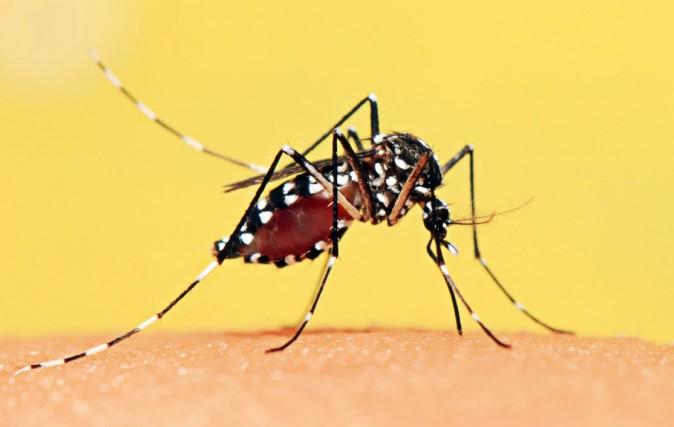A pregnant woman in the North East has tested positive for the Zika virus.
On May 3, the Connecticut Department of Health (DPH) announced that a pregnant Connecticut women has tested positive for the Zika virus.
DPH’s State Laboratory identified “Zika specific antibodies” in the woman’s blood. The Center for Disease Control and Prevention (CDC) confirmed the findings.
To date, 245 Connecticut patients, including 217 pregnant women, have been tested for Zika.
This is the third positive test in the state and the first for a pregnant woman.
As of May 3, 426 cases of travel-related Zika have been reported in the continental United States. Of those, eight were sexually transmitted and 36 were pregnant women.
The DPH reports that the Connecticut woman came down with a rash and fever while traveling in Central America. It was during this trip that the woman conceived her child. She has since returned to Central America.




